Stories of impact blog
When you support Oxfam, you help create a world without the inequality that fuels poverty. Here’s what that looks like for the communities we work with.
FEATURED STORY
What’s happening in Gaza, the West Bank and Lebanon?
On 15 January 2025, a temporary ceasefire was announced, coming into effect on 19 January. Here's the latest update on the situation in Gaza and the wider region.
Read More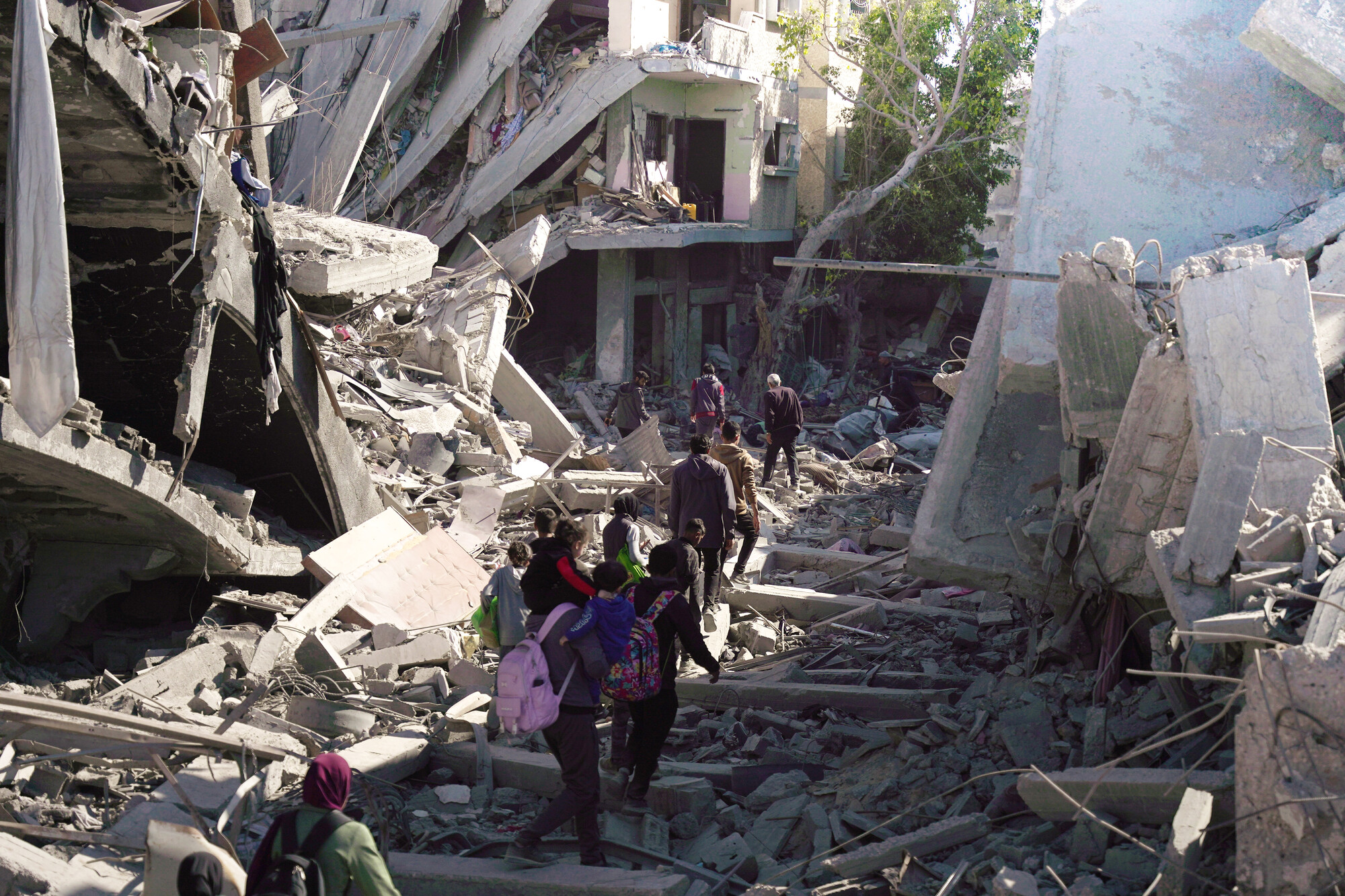
Popular categories

How will Indonesia be impacted by climate change?
Climate change in Indonesia is already reshaping daily life. People face rising seas, more intense storms and floods, and longer...
READ MORE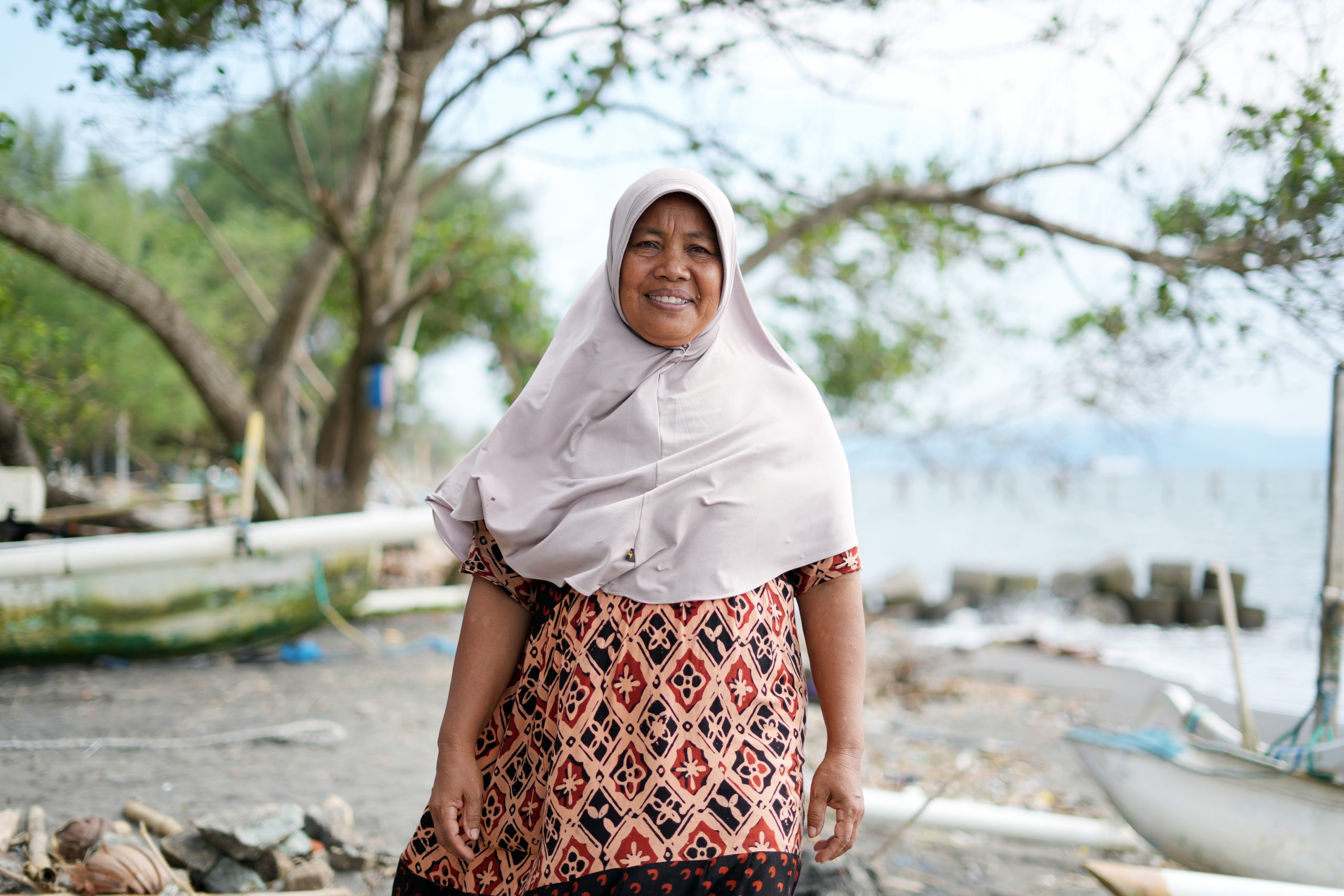
The impacts of rising sea levels on Indonesia’s coastline
Indonesia’s sea levels are rising faster than the global average — 4.97 mm per year on average, with some areas...
READ MORE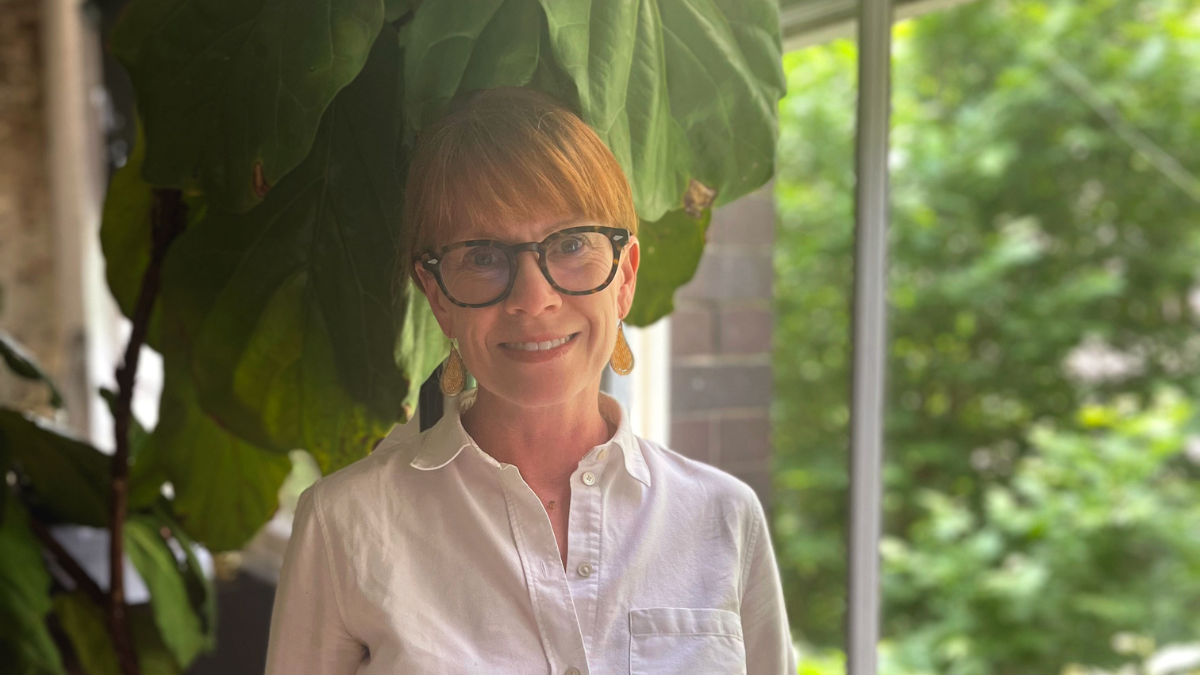
Meet Jennifer Tierney, Oxfam Australia’s new Chief Executive
Oxfam Australia has a new Chief Executive, Jennifer Tierney. We’d like to officially welcome Jennifer aboard and thank Chrisanta Muli...
READ MORE
The Not In My Name petition has been delivered
We’re proud to announce that on Monday 27 October 2025, Senator Fatima Payman tabled the Not In My Name petition...
READ MORE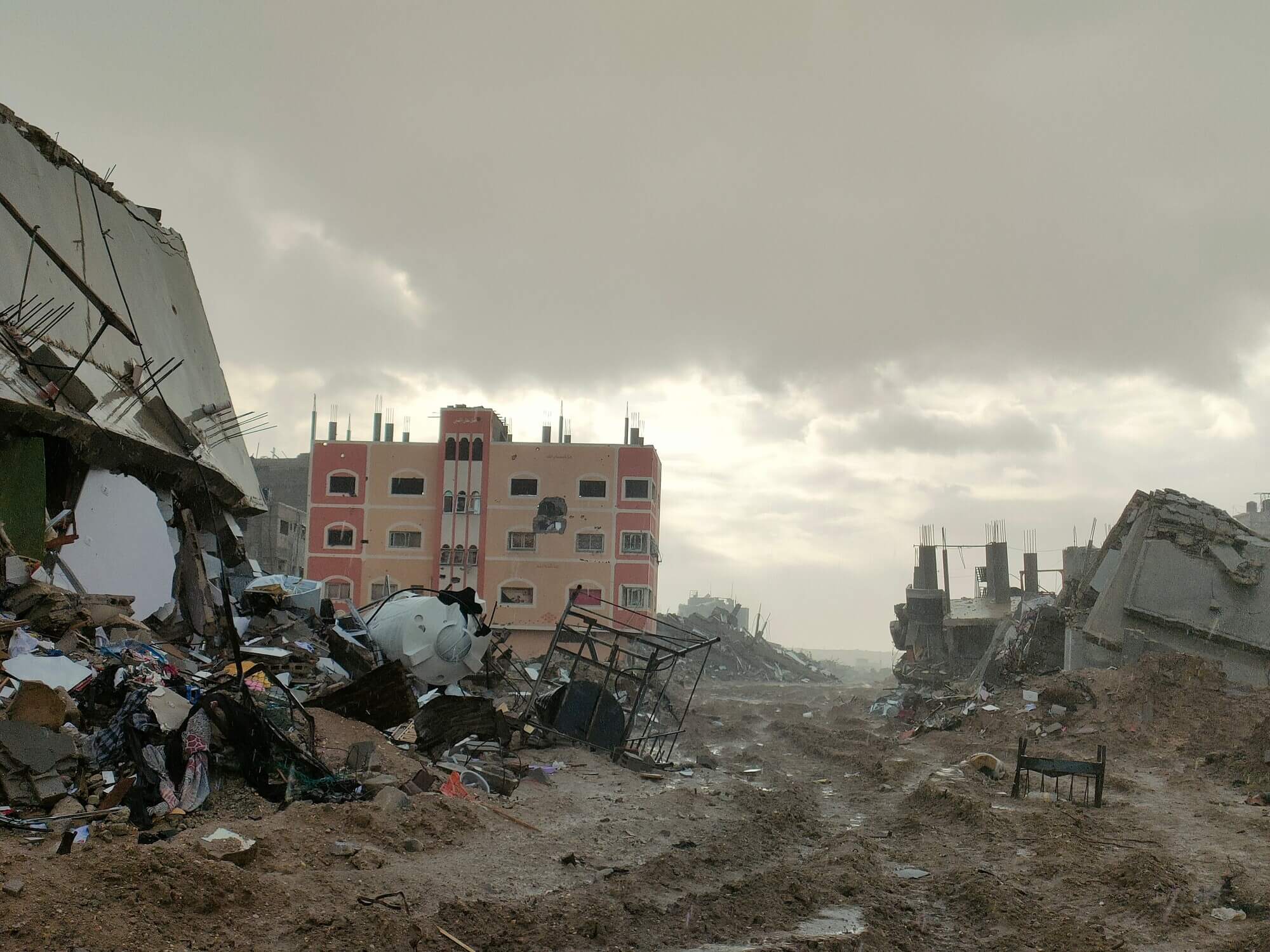
What’s Happening in Gaza? (2025 Update)
It’s been six months since the Israeli Government’s comprehensive aid blockade of the Gaza Strip in early March. Palestinian civilians...
READ MORE
The East Africa Food Crisis: Understanding the Causes, Impacts and Response
The East Africa food crisis is one of the most urgent and complex humanitarian challenges in the world today. Right...
READ MORE
What Is Climate Change? What You Can Do to Help
Climate change refers to long-term shifts in temperature, rainfall, wind and other elements of the Earth’s climate system. The climate...
READ MORE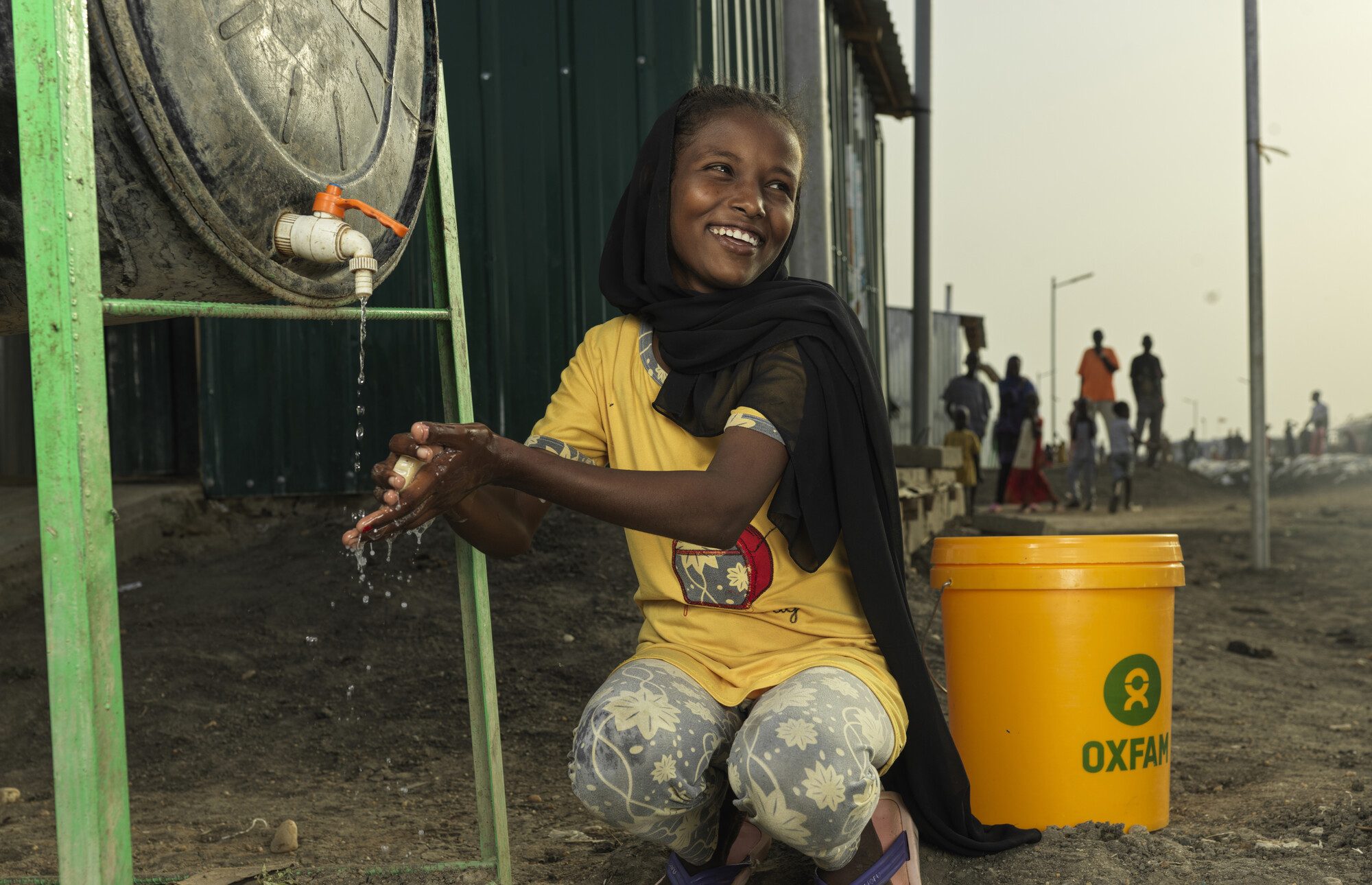
Here’s how Oxfam supporters are helping people like Asia
A couple of months ago, thousands of supporters like you answered our call and generously donated to help provide people...
READ MORE
A revolutionary new tool measuring the costs of climate change in Bangladesh
Communities in low-income countries feel the impacts of climate change more than anyone — and those impacts are not always...
READ MORE
Not In My Name: Act now to support Palestinians in Gaza
The Israeli Government’s war in Gaza has killed tens of thousands of Palestinian people, including children. Two million people have...
READ MORE
The Cholera Outbreak in South Sudan
South Sudan is currently experiencing its largest-ever cholera outbreak, with confirmed cases reported across multiple states. According to the World...
READ MORE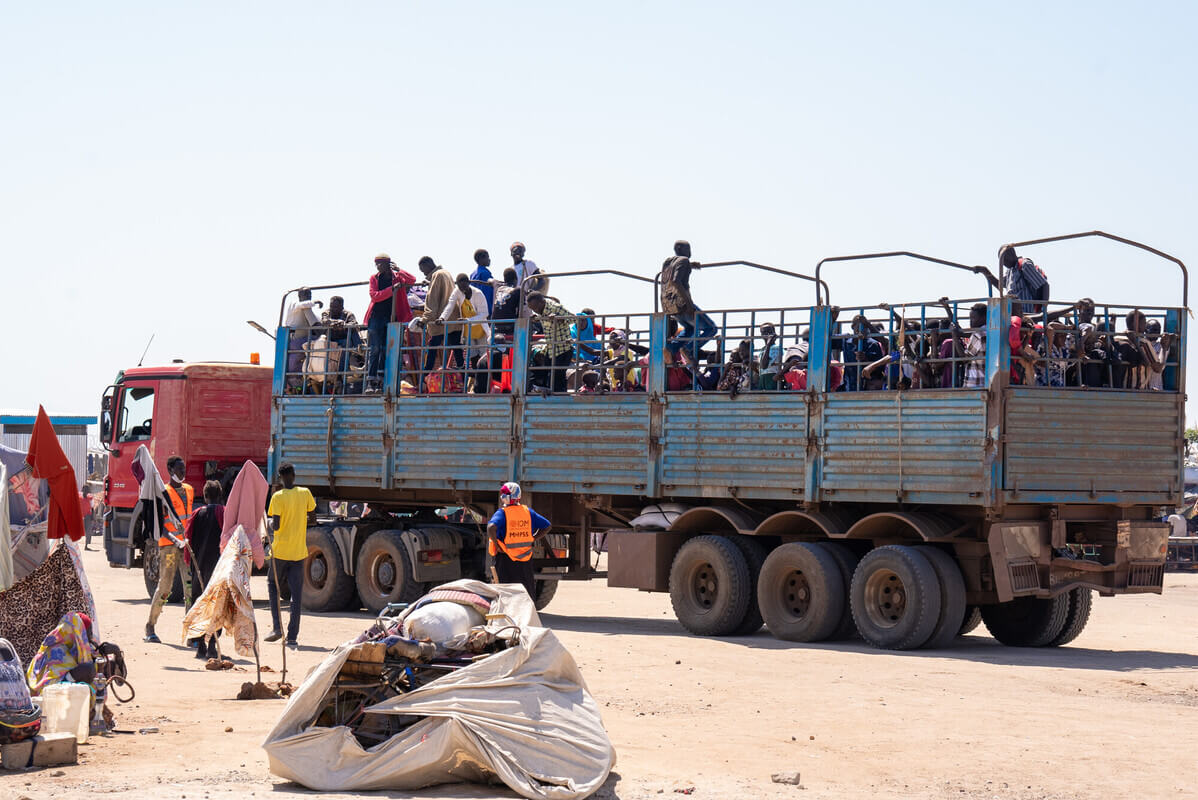
The Sudan Civil War: An Overview
Nearly 13 million people have fled their homes during the recent conflict in Sudan. That’s nearly one third of Sudan’s...
READ MORE